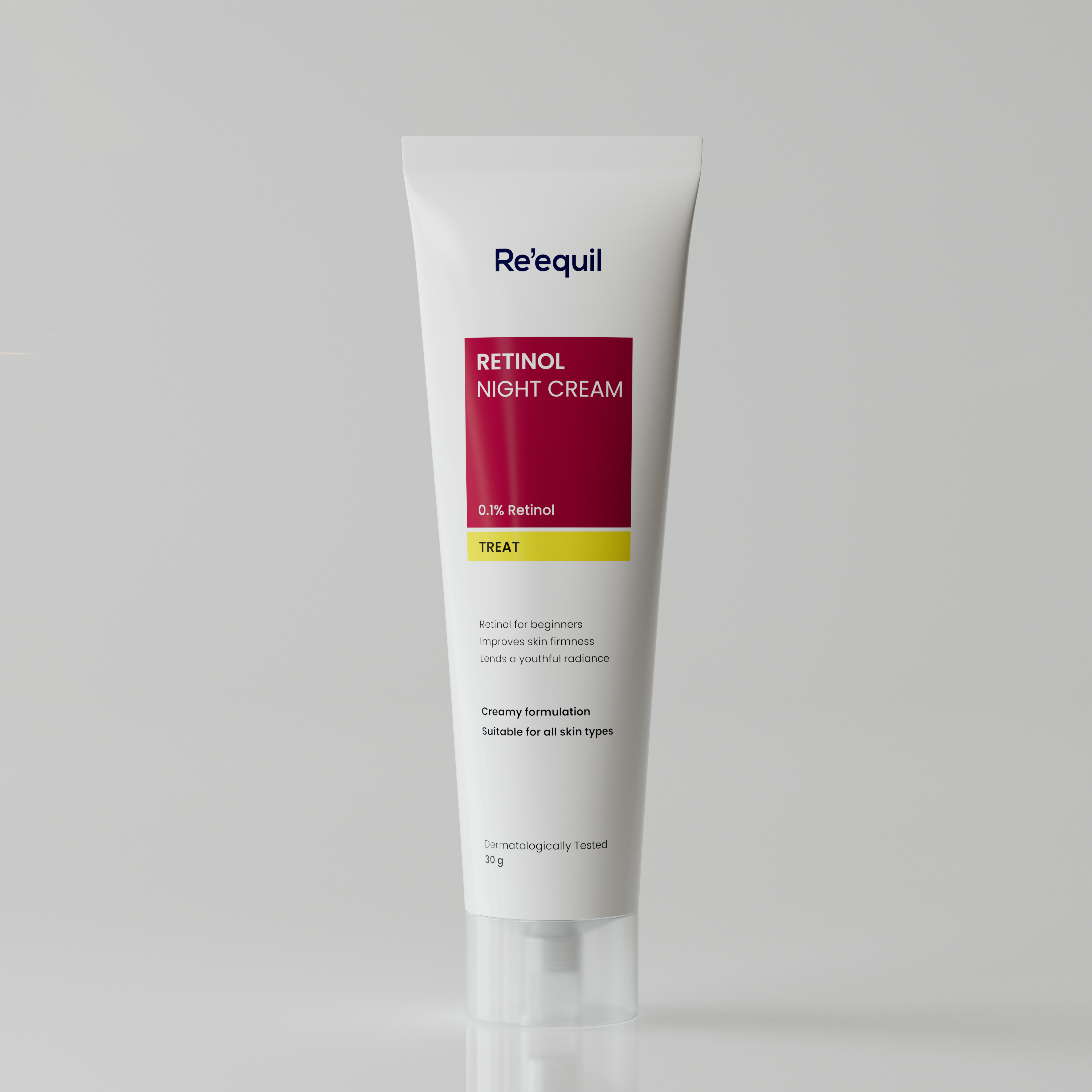Do you ever ponder over what your diet has to do with those zits on your face? Over the past few decades, the worldwide prevalence of mild to moderate acne has increased dramatically. We understand how dermatological concerns like acne corrode your confidence and self-esteem. Scientific research studies have established a strong connection between acne and your eating habits. A research study published in the journal of Dermato-Endocrinology has elaborated that the intake of dietary fat is found to increase sebum production. Another evidence has shown that the consumption of low glycemic food during acne treatment speeds up the healing process.
Acne-Fighting Foods
Skin care experts opine that switching to a healthy diet not only reduces the possibility of acne but also helps you to attain naturally glowing skin. A diet enriched with antioxidants and other flavonoids prevent oxidative stress in your body and promote skin healing.
- Omega-3 Fatty Acids
- Vitamins E and C
- Low Glycemic Index diet
- Green tea
- Zinc in diet

1. Omega-3 Fatty Acids
In a randomized control trial, it has been evaluated that dietary supplementation with omega 3fatty acid significantly helped to improve the inflammatory acne lesions. Similarly, some other studies even suggested that including more omega-3 fatty acids, food rich in antioxidants, and dietary fiber not only resolves acne problems but also serves as the best diet for glowing skin. Omega-3 fatty acids are anti-inflammatory agents that fight off inflammation during skin problems. They help to keep acne at bay and also accelerate the healing of acne scars. In addition, good levels of omega-3s in the skin promote the good flow of nutrients and help in the elimination of waste. Flaxseed oil, walnuts, sunflower seeds, almonds, while fish, seaweed, etc. are good sources of omega 3 fatty acids.
2. Vitamins E and C based foods
It has been observed that individuals with acne have low levels of fat-soluble vitamin E and C. Therefore, supplementation with these vitamins helps to improve the skin condition in acne patients. Being packed with antioxidants, vitamin E & C have a calming effect on your skin. Great sources of Vitamin C are oranges, lemons, grapefruit, papaya, and tomatoes. Vitamin E is found in peanuts, sunflower seeds, broccoli, and hazelnuts. Furthermore, use of vitamin C based skin products has incredible effects in reducing hyperpigmentation and dark spots.
3. Low Glycemic Index (GI) diet
Several research studies have suggested that following a low-glycemic diet offers great help to heal the scars and to reduce inflammation during acne treatment. Foods with a high glycemic index have been found to cause acne breakouts in some people. The reason is that high glycemic index foods break down quickly during digestion. High glycemic Index foods include sugary drinks, white bread, white rice, whereas whole grain or multigrain bread, traditional porridge oats, or cereals come in the category of low glycemic food. Several studies support that food with a low glycemic index helps to prevent the exacerbation of acne-causing bacteria.
4. Green tea
The benefits of green tea for acne treatment are incredible. It’s potent antioxidant and anti-inflammatory potential help to reduce the redness and inflammation caused by acne. In addition, green tea consumption on a daily basis helps to manage the hormonal imbalances that can lead to acne. Antioxidants in green tea neutralize free radicals for keeping your skin cells healthy.
5. Zinc in diet
A 2018 research study has elucidated the connection of healthy serum zinc levels in acne improvement. It has been found that the anti-inflammatory properties of this essential mineral help to prevent the risks of acne infection and inflammations. It also helps to keep your skin in good health by balancing out the excess oil production in the skin. Good sources of zinc may include whole grains, tofu, tempeh, legumes, nuts and seeds, fortified breakfast cereals, and dairy products.
Important facts on acne
- Over the past 10 years, the average age of an acne sufferer has increased from 20.5 years old to 26.5 years old.
- Acne is a skin condition that involves oil glands at the base of hair follicles.
- Acne can strike at any age (30s, 40s, and even 50s).
- Excessive cleaning can aggravate skin, which can cause even more acne or pimples.
- Squeezing pimples does not help in healing acne or pimples but can lead to scarring.
- Toothpaste is not meant to treat acne, as there is no scientific evidence regarding the same.
- Stress or anxiety triggers acne flare-ups.

Whether you are dealing with acne or not, keeping a food journal will be only beneficial for you. It not only benefits your skin appearance but also offers overall wellness as well. Food dairy means you keep a record of every snack, meal, and beverage that you are having every day. During acne treatment, tracking diet for several weeks may help you to identify and eliminate the food items that are found to trigger acne breakouts. Upgrade your eating habit to attain the healthy and glowing skin.
P.S.
American Academy of Dermatology explains that the presence of harsh ingredients in skin care products may worsen your acne conditions. Skin care experts also elaborate that it is good to use a face wash possessing anti-inflammatory, sebum control, and anti-acne properties. Products labeled “non - comedogenic” do not clog the pores and are considered safe for acne-prone skin.

























